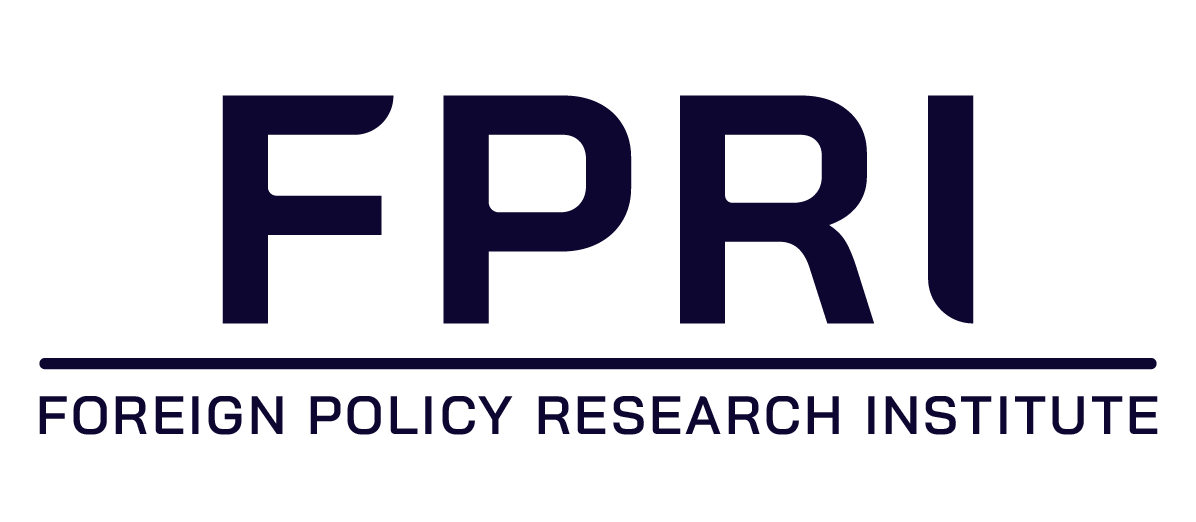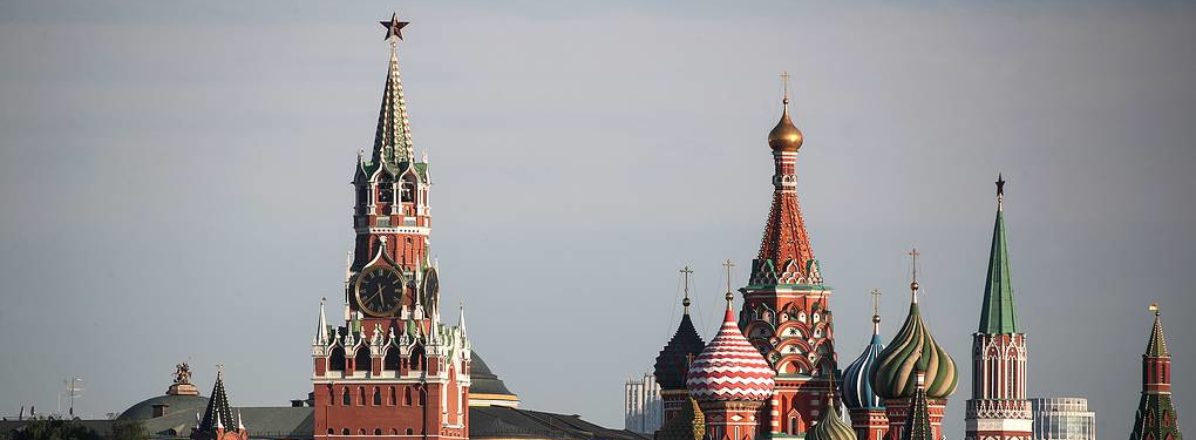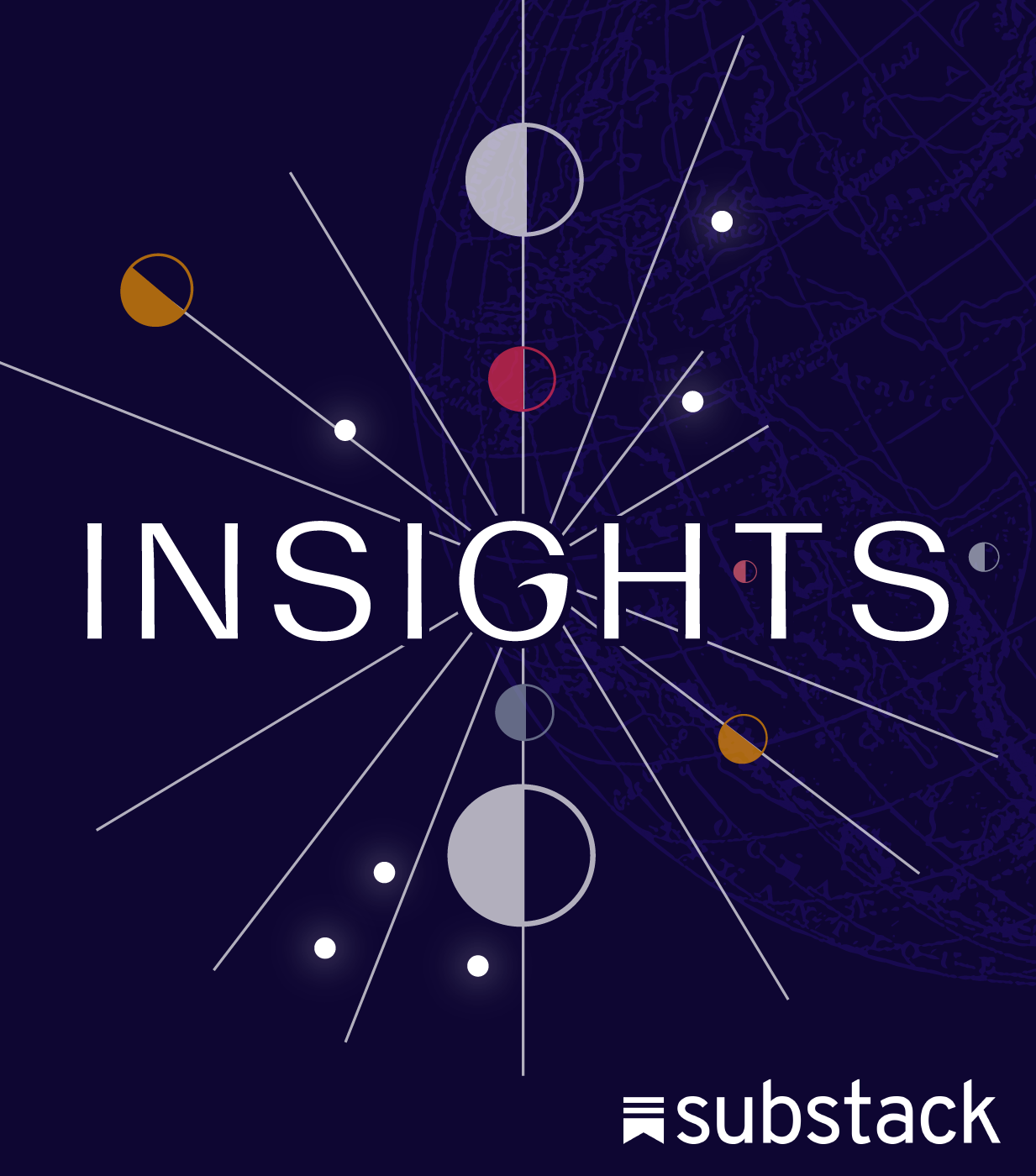A nation must think before it acts.
Since the beginning of Russia’s war in Ukraine, political analysts and commentators have been looking out for signs of a split within the Russian ruling class that could signal diminishing support for Vladimir Putin’s regime. In the days after Russia’s invasion of Ukraine, some media reports recounted stories of shock and horror over Putin’s decision to attack a neighboring country. While Russian elites do not form a cohesive entity, certain attributes of the Putin regime ensure that on key political issues they appear as a unified front, despite growing tensions and discontent.
A few members of Russia’s elite publicly condemned the war or signaled that they disagreed with Putin’s decision to launch it. Among them were the head of the International Chess Federation and former Vice Prime Minister Arkady Dvorkovich, Russian diplomat Boris Bondarev, billionaires Oleg Tinkov, Mikhail Fridman, and Oleg Deripaska. Roman Abramovich, although did not explicitly condemn the war, has been helping peace negotiations with Ukraine. Russia’s climate envoy Anatoly Chubais was even more inconspicuous in his dissent: he quietly resigned and left the country.
Some elite members confessed their shock and horror to the media on condition of anonymity: “No one is rejoicing. Many understand that this is a mistake,” a top Russian official described the mood in the Kremlin in the first days of the war. “It’s paranoia that has reached the point of absurdity,” said another about Putin. Yet, three weeks later, interviews with the same interlocutors yielded different messages: “Now that they [the West] imposed sanctions on us … we’re going to f*ck them all.” Others, like most members of the State Duma and Federations Council, demonstrated their full support for Putin’s “special military operation.” But the majority appeared to remain silent. The reality of the elites’ attitudes and behavior is a complex issue, which requires careful study.
The appearance of a monolithic façade does not signify elites’ cohesion based on common values and beliefs—a factor that could hold them together in the long term. Putin’s initial efforts to consolidate elites were only partially successful, as various elite groups continued to pursue divergent interests, and feud for influence and resources while demonstrating loyalty to Putin regardless of their actual views. But as the Russian economic pie started to shrink following the 2014 Ukraine sanctions, the Russian president has increasingly relied on a combination of ressentiment, ultraconservative ideology, targeted repressions, and the general atmosphere of fear to strengthen his grip on power and rein the elites in. Today, Russian elites, unless they are true supporters of Putin’s war in Ukraine, find themselves largely paralyzed by the high costs of dissent or defection—both in Russia and in the West—opting for the status quo, which adds to the growing internal tensions and creates more risks for the regime in the future.
Putin’s Politburo
By the definition, elites are composed of the top decision-makers in the political, economic, military spheres. While under Russia’s authoritarian regime, elites might be seen as the ruling class, their power and decision-making capacity is relatively limited. They are allowed to compete for various resources but have to follow a set of evolving formal and informal rules, and recognize the authority of Vladimir Putin, who is positioned as the ultimate arbiter and power-holder in the political system. The scope of their influence also depends on which elite group they belong to.
Political scientist Peter Rutland of the Wesleyan University identifies four main elite groups that emerged in Russia in recent decades: Putin’s inner circle, oligarchs, siloviki, and state bureaucracy.
According to Minchenko Consulting, a Moscow-based communication firm that developed a model of the Russian political elite called “Politburo 2.0” (after the namesake executive committee of the Communist Party of the Soviet Union), as of last year, Putin’s inner circle included: the ead of Russia’s Security Council Nikolai Patrushev, his deputy and former Russian president Dmitry Medvedev, head of Rostec Sergei Chemezov, head of Rosneft Igor Sechin, Moscow Mayor Sergei Sobyanin, Defense Minister Sergei Shoigu, and three businessmen with close personal ties to Putin—chairman of the Rossiya Bank Yuri Kovalchuk, owner of the private investment company Volga Group Gennady Timchenko, and Arkady Rotenberg, co-owner of the Stroygazmontazh, the largest gas pipelines construction company in Russia.
The group of oligarchs consists of two subgroups: the so-called “old” oligarchs, who came to wealth and power in the 1990s under the presidency of Boris Yeltsin, and the “new” oligarchs, who rose to prominence under Putin. The first group includes Mikhail Fridman, Roman Abramovich, and Oleg Deripaska, and is, to an extent, more Westernized compared to its counterpart, having adopted the strategy of “two pockets”—making money in Russia but parking it in the West. The leading members of the second group are the aforementioned associates of Putin—Kovalchuk, Timchenko, Rotenberg, and some others. According to political analyst Kirill Rogov, initially, Putin’s oligarchs had found it difficult to legalize their capital in the West following the Crimea-related sanctions, boosting further their anti-Western stance. As a result, they have asserted themselves as a more powerful, influential, and ideologically cohesive group among the Russian oligarchs.
The siloviki group includes leaders of all key security and military agencies, such as director of the Federal Security Service (FSB) Alexander Bortnikov, head of Foreign Intelligence Service Sergei Naryshkin, the aforementioned Shoigu and Patrushev, as well as director of the National Guard Viktor Zolotov and president of Chechnya Ramzan Kadyrov. Investigative journalists Andrei Soldatov and Irina Borogan described the FSB as Russia’s “new nobility” and the country’s true elite in their 2010 book. But later, due to the agency’s political blunders, Putin curtailed its power and reduced internal competition, thus creating a fatal flaw—drying out of critical information flow to political leadership. The consequences of this decision, as recently reported by the investigative project Important Stories, are reflected in the poor quality of FSB intelligence about Ukraine’s domestic situation, which could have been a factor in Putin’s underestimating Ukraine’s capabilities.
State bureaucracy constitutes the fourth elite group, which, to an extent, has emerged on the basis of the Soviet nomenklatura—the ruling bureaucracy. Among the key members of the federal level bureaucrats are head of Presidential Administration Anton Vaino, his deputies Sergei Kiriyenko and Dmitry Kozak, Prime Minister Mikhail Mishustin, First Deputy Prime Minister Andrei Beloussov, head of Central Bank Elvira Nabiullina, and others. The regional bureaucracy includes heads of regions that have political and economic significance for the federal center—for example, leaders of Tatarstan or natives of St. Petersburg, the largest and most successful regional elite transplants led by Putin himself.
What Holds Them Together
Elites are normally held together by consensus or ideology. Putin’s early efforts to consolidate Russia’s elites, which had been feuding fiercely in the 1990s, have been successful in terms of establishing a consensus regarding the rules of the game under his regime (e.g., Putin as the ultimate political arbiter), but it never translated into true unity of common values and beliefs. Russian elite groups are still engaged in overt and covert conflicts, enjoy limited power and authority, disagree over political symbols and historical figures—and are a long way from cohesion. Still, due to Putin’s consolidation of media control, the visibility of elite discord has greatly reduced.
Over the course of his 22 years in power, Putin himself has undergone a curious ideological transformation. Early in his tenure, he denied the need for state ideology. Later, he embraced conservatism and then a bizarre mix of ideas borrowed from ethnonationalism, Eurasianism, and totalitarianism. Prominent Russian political commentator Vladimir Pastukhov described Putin’s current creed as based on the ideas of Orthodox fundamentalism, Slavophilism, and Stalinism. These ideas tap into deeply seated elements of Russian political, social, and cultural history, and have been unearthed by the Russian president as part of his search for the country’s “spiritual bonds.”
Following Putin’s 2007 Munich speech—in which he laid out his grievances with U.S. foreign policy—anti-Western narratives have become increasingly popular among the Russian elites, spurred by state-controlled propaganda. A particular emotion driving the anti-American attitudes is ressentiment, rooted in Russia’s loss of status on the international arena after the Soviet Union’s dissolution and subsequent failure to transition to a Western democratic model. Putin’s resentment over what he saw as the “greatest geopolitical catastrophe of the 20th century” and the subsequent NATO expansion eastward, which he perceives as a “betrayal,” fuels his acute desire for recognition and has become his “obsession,” as veteran U.S. diplomat Henri Kissinger recently pointed out. The ressentiment is an emotional bond that the Russian elites share with the public. It was at full display following the 2014 annexation of Crimea, which created an unprecedented consensus effect in Russia allowing Putin to withstand Western sanctions and successfully manipulate public opinion to present the country as a victim of Western hostility.
The concocted ideological mix, while not presenting a coherent set of beliefs and values, nevertheless offers opportunities for various elite factions to link their ideological preferences to the specific ideas of the mix and thus be able to demonstrate loyalty. Yet, despite this public conformity, very few ideas truly unite Russian elites.
Scholars of post-Soviet Russia add another crucial factor that keeps Russian elites together—corruption, a bond typical for “neopatrimonial” societies. As Peter Rutland puts it: “Patrons sponsor the appointments of clients to government positions, or award their companies state contracts, and in return, the clients offer political loyalty—and a share of the proceeds.” Russia’s pervasive corruption creates a collective responsibility of the elites—a yoke that is hard to escape for those operating within the system. Much has been written and said about the regime’s corruption and its role in co-optation of the political elites. It should be added that it also creates rich opportunities for the special services—notably FSB—to keep elites’ loyalty in check and use them for intimidation, blackmail, and extortion.
Why Russian Elites Have Not Split
Following a few months of Putin’s going into a full-blown war with Ukraine, there have been no signs that Russian elites are ready to split to challenge the regime. “Today, it seems to many within the power vertical that Putin bit off more than he could chew, and then wasn’t resolute enough to see it through,” writes political analyst Tatiana Stanovaya. “From the viewpoint of the hawks, Putin looks weak. This strains any inter-elite solidarity with the president and makes his support base increasingly fragile,” she adds. However, Stanovaya concludes that the “chances of the coup are extremely low, and the system remains in the state of ‘political paralysis.’”
Discussing the idea of a coup by the Russian siloviki, journalist Andrei Soldatov argues that, despite current tensions within the special service’s ranks, the chances for this scenario are slim. Historical and structural factors that shaped the country’s security and military elites, their lack of broad based support, and pervasive internal culture of mistrust make a coup unlikely.
Dmitry Muratov, editor-in-chief of the independent Novaya Gazeta (which was forced to suspend publication over its coverage of the Ukraine war) and this year’s winner of the Nobel Peace Prize, was adamant in a recent interview that he sees no split within the elites and that the regime change is impossible right now. Another veteran journalist Alexei Venedictov, former editor-in-chief of Ekho Moskvy (which was shut down for its reporting of the war, while Venedictov himself was declared a “foreign agent”), concurred. Moreover, he reported that many top officials from Putin’s inner circle, whom he knows privately, were “euphoric” about the war (“we are so cool!”), and now have grown more businesslike and determined to work hard for the sake of their heavily-sanctioned country.
Moscow municipal deputy Elena Kotyonochkina called Russia fascist at a work meeting and was consequently charged with discrediting the army using an official position. She fled the country, while her colleague Alexei Gorinov, decided to stay, and has been recently sentenced to seven years in prison. Kotyonochkina lamented, “I had illusions at first that the war would soon end and there would be no Putin. Split of the elite and all that … [Now] I think that even if the Hague [International Court of Justice] accuses Putin personally of war crimes, this would unlikely cause the elites to split.” She added that this could happen only after Putin’s resignation or death.
So why, despite clear signs of discontent with Putin’s war against Ukraine, do the Russian elites appear to stand united and refuse to challenge the president, his system, or at least protest the war? One obvious answer is that the Kremlin moved extremely fast to criminalize the administrative offense of “discrediting Russian armed forces,” with a punishment of up to 15 years in prison. At least 70 people are currently being prosecuted for this offense.
But beyond this immediate factor, there are political and psychological reasons for the conformity of those members of the Russian elites who are not satisfied with the situation or unsure what to think about it.
First, Putin’s Russia is a highly centralized regime where all branches of power are essentially subordinated to the president. Elections are constantly rigged to prevent genuine political opposition to access the political system; media and civil society are subjugated to the state; grassroots movements are suppressed or hijacked; and public opinion is manipulated by relentless and powerful propaganda. Within this regime, people have few legitimate outlets to voice views that are different from the “party line.”
Second, until the Crimea-related sanctions, the benefits of supporting the regime outweighed opposition and dissent. Since his third term in the office, Putin has increasingly relied on repression to thwart dissent—a tendency that has reached even higher levels after the Ukraine war. The regime has been employing targeted repression that was effectively used not only against non-elite political actors, such as Alexei Navalny, or average citizens, such as the defendants in the Bolotnaya case or the Moscow case, but also against the elites. Purges of the elite ranks have become routine, and jailing of such high profile figures as businessman Mikhail Khodorkovsky, former CEO of the Yukos oil company and once the richest man in Russia, or Minister of Economic Development Alexei Ulyukaev, has sent clear signals that no one is untouchable.
Third, some of the distinct features of Putin’s political leadership are his secrecy and unpredictability, which collide with people’s basic psychological needs for certainty and security. His leadership style taken against the backdrop of the vast repressive apparatus and pervasive presence of the special services in public life generates constant fear. This was amply demonstrated by the anxiety exuded by the members of Russia’s Security Council during a fateful February 21, 2022 meeting where they were forced to publicly agree with Putin’s decision to recognize two pro-Russian separatists territories in Ukraine (the self-proclaimed Donetsk and Luhansk People’s republics) as independent—a move that precluded a full-scale invasion as well as implicated participants in war crimes. Similarly, as reported by the Washington Post, when 37 of Russia’s wealthiest business executives were called to the Kremlin for the meeting with Putin, “no one dared issue a whimper of protest.”
In critical situations, three typical responses to fear are fight, flight, or freeze. Given Russia’s current political realities, fighting comes at a premium cost—freedom or even life. Fleeing can be costly too, especially under the sanctions regime. The remaining option is to “freeze”—to do nothing, go into paralysis, which is likely what happened to many elite members as the shockwaves of the war swept over the country. Still, according to the analysis by the Strategic Communications Agency, a St.-Petersburg firm, the Kremlin might have sensed a hidden risk in this paralysis and actively engaged in damage control. Several techniques to address elites’ confusion and anxiety were reportedly employed: use of the wartime rhetoric to mobilize elites and coordinate their resistance to the sanctions pressure; pushing of the inter-elite conflicts further under the carpet; offering economic support for their efforts in import substitution (e.g., through nationalizing foreign assets of the companies that left Russia); and threatening those who refuse to conform with ostracism and isolation. These efforts may have worked for now, helping to mobilize elites in the face of Russia’s economic collapse, but they are unlikely to help with their grudges and anger over incurred and future losses.
The Putin regime approaches its next challenge—the 2024 presidential election and its power transition problem—in an increasingly hostile external and internal environment. More repressions and purges of the elites are likely. It remains to be seen if the accumulating damages could force the elite groups to defect or challenge the Putin regime. As of now, it seems unlikely.
The views expressed in this article are those of the author alone and do not necessarily reflect the position of the Foreign Policy Research Institute, a non-partisan organization that seeks to publish well-argued, policy-oriented articles on American foreign policy and national security priorities.



